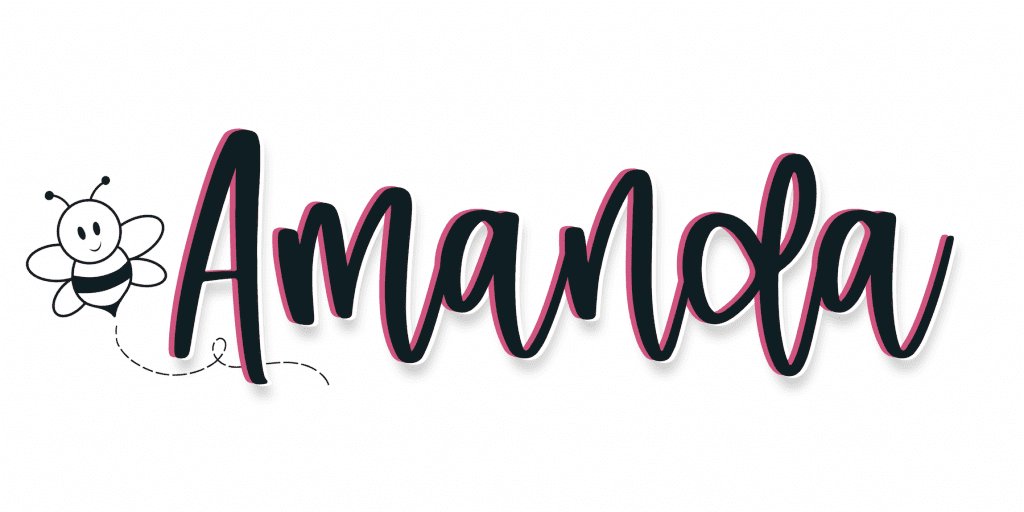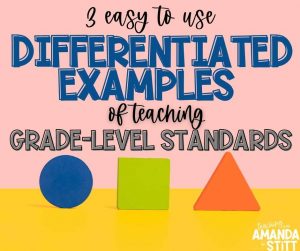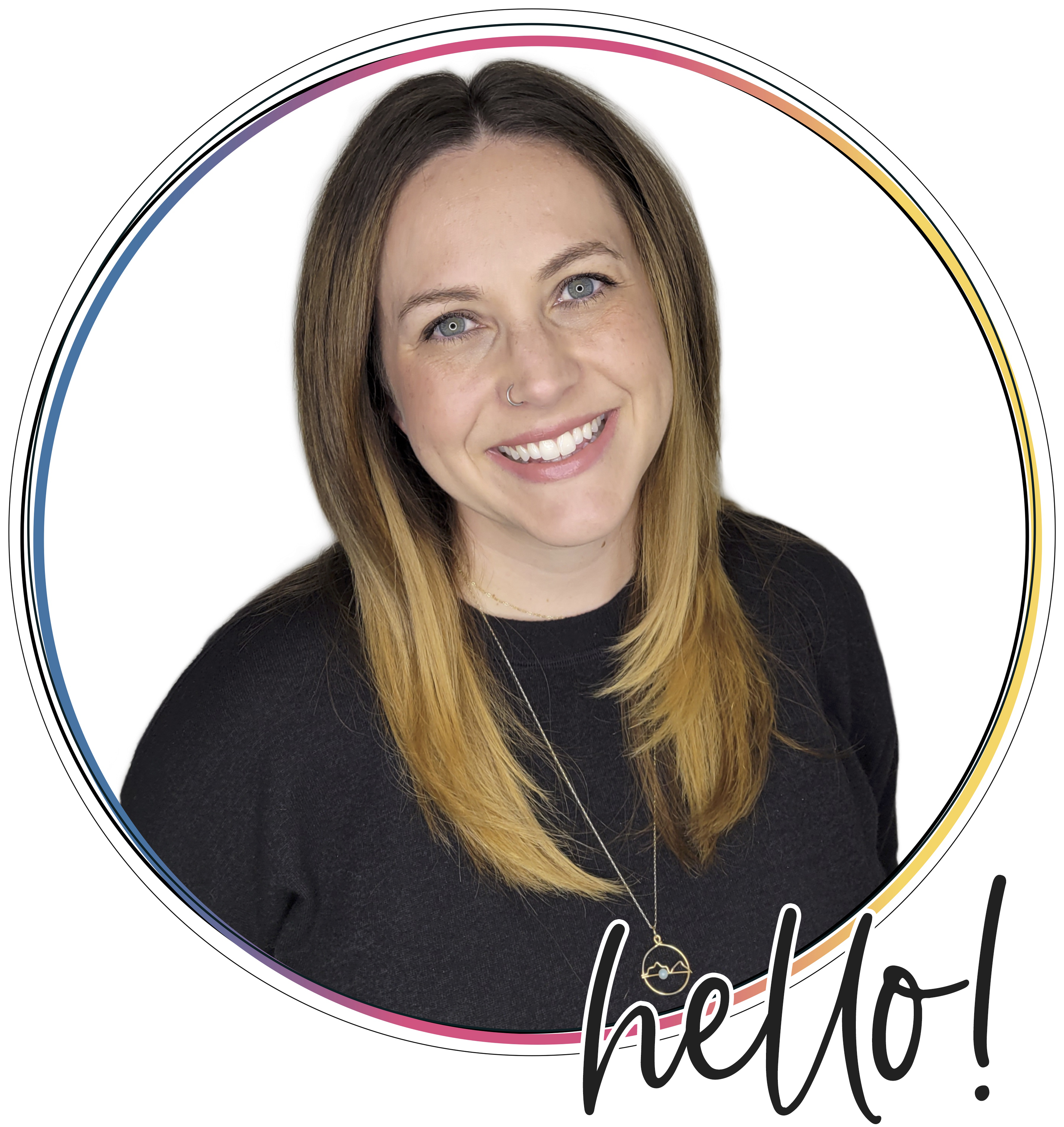Teaching measurement skills can be challenging. There are formulas, fractions, abstract thinking, and don’t even get me started on the metric system.
Measurement standards can be a lot for students, making the support we provide them critical. But how best do we go about differentiating measurement activities for students?
I have just what you need… a measurement toolkit! This free and easy-to-build toolkit will help you easily differentiate measurement activities for your students. Let’s see what they are all about!

What is a differentiation toolkit?
A differentiation what?! A differentiation toolkit is a collection of classroom differentiation strategies and tools students use while practicing math skills.
Think of it as a reference sheet for measurement concepts. It was explicitly designed to support students learning 3rd, 4th, and 5th grade measurement standards.
The measurement toolkit includes various differentiation tools, such as formulas, charts, examples, and more, that students can use while completing measurement tasks and activities.

How does it work with measurement activities?
A measurement toolkit is easy to use and prep!
Each toolkit page comes with three empty boxes. From there, you select 3 of the differentiation tools that you think would best support your student and glue the tools to the toolkit page. Place the built toolkit in a page protector for students to use and reuse while completing measurement tasks.
You can create the same toolkit for each student or use various classroom differentiation strategies unique to each student’s learning preferences.

You also can make a toolkit based on the specific measurement skill you are learning. For example, are you studying measurement conversions right now? Create a measurement conversion toolkit, and then when you switch to area and perimeter, you can make a toolkit specific to those skills.
You could also make a toolkit with various measurement skills that will help students no matter what measurement activities they are working on.
Toolkits are easy to customize and make work for an individual or group of students.
Who is it for?
Any student that needs it! The beauty of these toolkits is that they can easily be customized to meet the needs of your students.
The goal of a toolkit is to provide extra support to a student when working on measurement activities and tasks. So you can make a toolkit for students who need extra support, or you can make them for all students to have when and if they need any additional support. Toolkits are a great way to meet a variety of student needs quickly.
When can you use the measurement toolkit?
All the time! This toolkit will pair well with many measurement activities. Use it with worksheets, centers, assessments, and more.
A tool doesn’t provide the final product; it helps you build one. The measurement toolkit works the same way. It does not give the students answers; it gives them the information they need to find the answer.
It is a great way to differentiate any content or activity you are doing with your students.
Here are some of my favorite measurement math projects to use this toolkit with…
Math City
These real-world math projects are fun and engaging measurement activities. They are based on grade level standards and allow students to practice measurement math skills authentically.
Do you think your students would like to run a bakery? In the Math City Bakery math project, they use their measurement conversion skills to do just that!
You can use the measurement conversion chart tools and build a toolkit with customary and metric measurements to help students complete the math project.


What kid doesn’t love a waterpark? The very mention of one sparks engagement, and the Math City Waterpark is a fun way to practice 5th grade volume skills and 3rd and 4th grade area and perimeter skills. In this math project, students are working to help find the dimensions of various waterpark features.
You can easily create a measurement toolkit with formulas and examples to help differentiate these measurement activities.
There are many ways to build and use these toolkits to support the unique learners in your class. Download your free toolkit today and quickly differentiate measurement activities in your upper grade math class.






No Comments